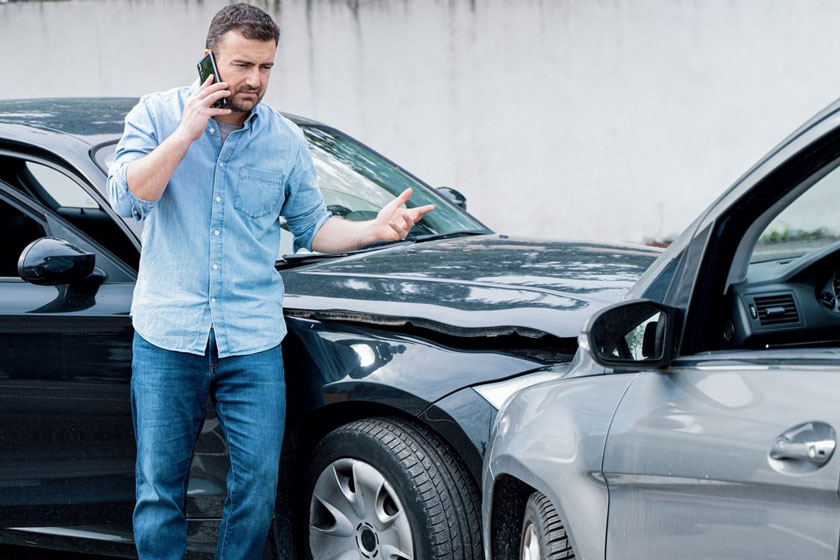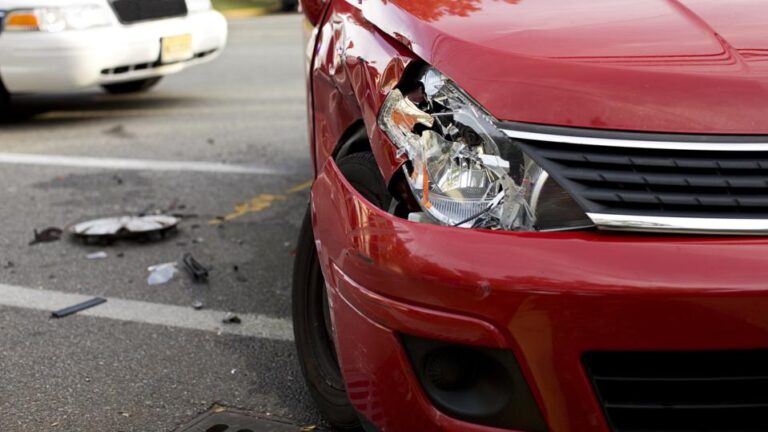According to NHTSA, police reported more than 5 million car accidents in the United States in 2020. If you are involved in a car accident, you are not alone, but you share the stress and uncertainty of how to get things done after an accident.
Ensuring that all aspects of an incident are properly managed is also important for mental health and legal well-being.
Here are some tips on what to do and what not to do in the event of an accident.
Seek medical care
Seeking medical help is clearly the first and most urgent action. A doctor can determine the severity of your injury and advise you on how to treat it. This is especially helpful if you want to file an insurance claim or sue the driver responsible for your injury. Your health insurance may reimburse some of the costs associated with treatment after a car accident but document all medical expenses as soon as possible so there is clarity about what should be covered by your insurance.

Document the accident scene
Documenting the scene of an accident is important. You can record everything about an accident by taking pictures with your smartphone and making notes about what happened when, or both.
Contact the law enforcement agency
If you believe that you have important evidence related to the accident that may be useful in a later court hearing, before collecting these items to avoid tampering with or destroying anything important during the investigation. We have to wait for law enforcement to arrive.
Dont admit your fault
At the accident site, don’t admit your fault for anything. You must cooperate and share the essential insurance information, but if you accept your fault, it will obviously negatively impact any legal proceedings. Unless you have sought legal advice, stick to the data provided here rather than admit fault. This rule includes not giving any written information about the collision to the other motorist or their insurance provider. Similarly, avoid having your voice recorded when discussing the accident’s details, even though most (if not all) state laws will allow this.
Note the contact information of witnesses and other passengers
Get the names and contact details of any witnesses. Note the names and contact details of any passengers who were in your car at the time of the collision. Get a statement from your passengers regarding what happened if you or one of them is hurt.
If possible make an effort to gather a description of the other motorist and their car. Use your phone’s camera if it has one to snap images of any damage or wounds.

Call your insurance company
After taking care of your injuries it is time to connect with your insurance company. Quickly call the insurance company whose car insurance policy you have bought and inform them about the accident so the claim will be registered sooner. Give them detailed information about the damage that happened to your vehicle and the vehicle of the third party. Give them all the minor details about the accident honestly, giving false information can lead to claim rejection.
Call your attorney
If you have the needed proof, you should always speak with a lawyer as soon as possible. You are aware that the legal system is intricate, making it difficult to navigate on your own. Your lawyer can explain your rights to you and assist you to decide if your situation merits further investigation.
Work with a local lawyer who is familiar with the rules of the municipality or state where the accident happened. This is true since a local attorney will be familiar with the rules and legislation in the area.
To seek worker’s compensation and medical care after a car accident, visit Specialty Care Clinics.
